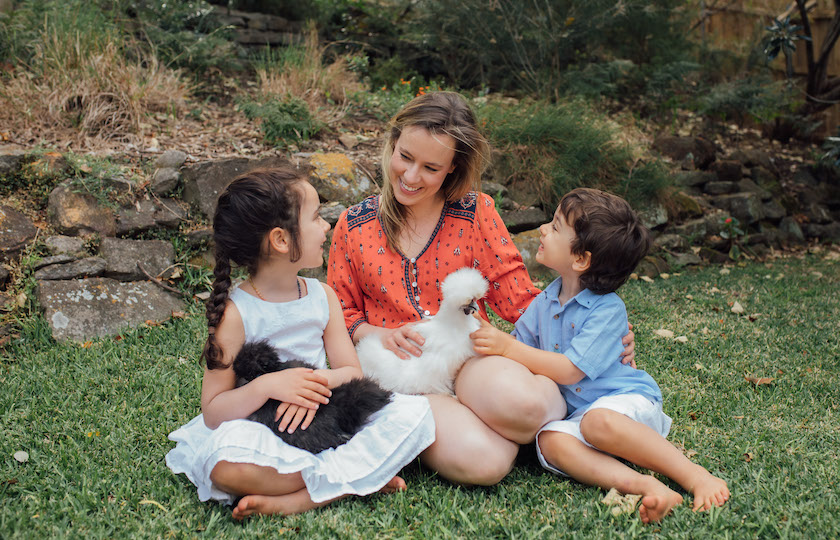Are you unwittingly helping perpetuate the use of child labour when you shop for Christmas presents this year?
You might be racing madly to the shops for Christmas gifts, stocking stuffers or for a beautiful festive spread of desserts, but you may not know the true impact of these on-the-spot choices.
While there are some major brands that shockingly still use child labour, the Australian Clean + Conscious Awards has compiled a list of the red flags that are easy to spot and swap this Christmas.
With 168 million children between the ages of five and 17 involved in child labour and slavery worldwide, it is important to make sure our personal purchases aren’t helping perpetuate the problem.
Children are used in a range of industries from agriculture to manufacturing and fashion as they make for very cheap labour and are easy targets without a voice.
As consumers, we have the power to change this. Products are only created if they will be bought! It is up to us to demand greater transparency of supply chains, so that we can see an end to child labour and slavery.
This Christmas, keep the happiness of all children in mind when buying presents. Here are some red flags to avoid, questions to ask and conscious swaps to ensure a very happy Christmas for all.
Chocolate
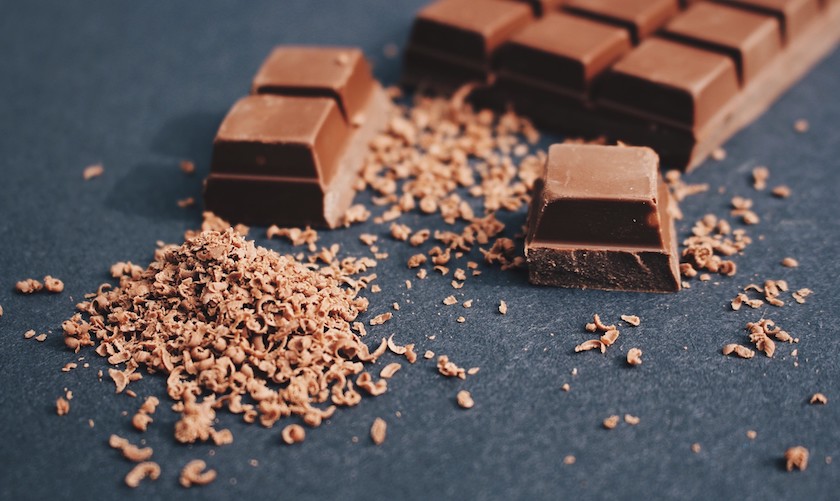
More than 60 per cent of the world’s cocoa comes from Ghana and the Ivory Coast in West Africa. Children make up almost half of the workers in these cocoa farms and work in slave-like conditions, away from their families.
The power here belongs to you, the consumer: when it comes to buying chocolate this Christmas, you really can make a difference by voting with your wallet (and your tastebuds!):
Action:
∆ Always look for the Fairtrade logo. Fairtrade certification aims to ensure that the chocolate has been produced without the use of child labour.
∆ Read the label: buy chocolate that contains cacao that has either been sourced directly from the farmer or via a transparent and ethical supply chain.
∆ Buy chocolate from local, organic or wholefood stores over mainstream supermarkets. You are more likely to find ethical or Fairtrade certified chocolate in smaller shops with bigger hearts.
∆ Search for ethical chocolate online or at find it Clean + Conscious. Our Awards celebrate chocolate products that are child labour free as well as sustainably produced (including palm-oil free) and without the use of nasty toxins or pesticides.
Tea

With new tea brands appearing on the market every day, the tea industry is growing fast. Unfortunately, so is child labour in the tea industry. Child labour is common in India, Sri Lanka, Vietnam, Uganda, Kenya, Tanzania and Burma.
Action:
∆ Always look for the Fairtrade logo. Fairtrade certification aims to ensure that a product has been produced without the use of child labour.
∆ Read the label: buy tea that has been sourced from an ethical supply chain. Ask the company if you are not sure.
∆ Search for ethical tea online or find it at Clean + Conscious. Our Awards celebrate tea products that are child labour free as well as sustainably produced and without the use of toxins or pesticides.
Makeup
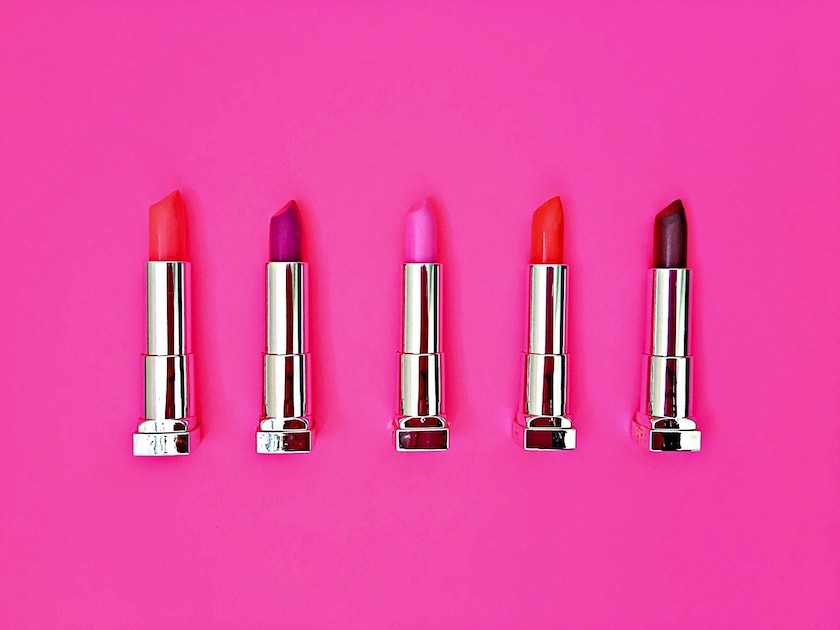
When purchasing makeup and skincare, it is also important to be conscious of not supporting child labour. Mica is an ingredient commonly used to add shimmer to beauty products – from highlighter to lipstick and unfortunately is often mined by children. More than a decade after cosmetics companies were first alerted to child labour in the supply chain of mica, up to 20,000 children are still working in India’s mica mines and 11,000 in Madagascar’s.
Action:
∆ Read the label – does your makeup or skincare product contain mica? If so, reach out to the company or look on their website to see whether their mica is sourced ethically.
∆ There is no certification for ethical mica, however, look for brands that are a part of the Responsible Mica Initiative.
∆ Some ethical brands may also choose to use synthetic man-made mica instead, to ensure their supply chain is child labour free
∆ Find ethical makeup and skincare products at Clean + Conscious. Our Awards celebrate products that are child labour free as well as sustainably produced and without the use of toxins or pesticides.
Toys
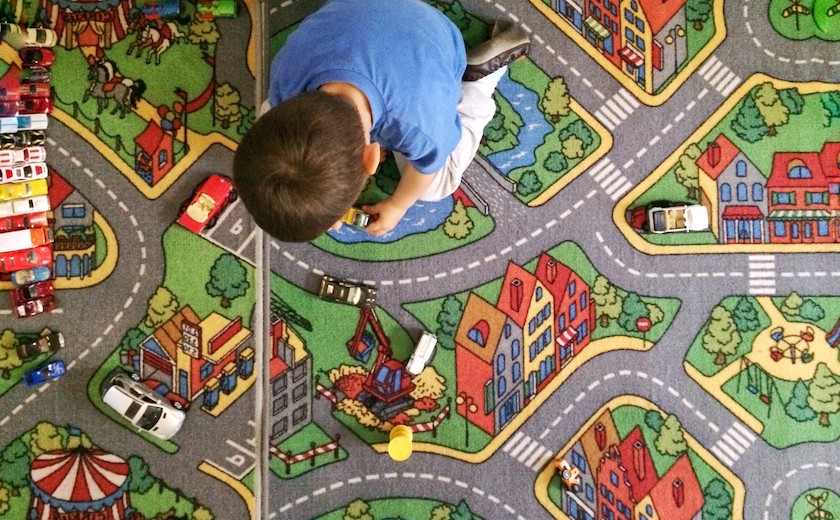
Three-quarters of the toys in the world are manufactured in China. With toys costing less than ever before, there has been the rise of migrant child workers in factories across China.
Action:
∆ Try to buy toys made in Australia.
∆ If a toy is made in China – ask the company if they are a part of the Ethical Toy Program, which aim to establish a global standard for ethical toy manufacture.
∆ Look for brands who are B.Corp certified. B.Corp certification involves ensuring a transparent supply chain and no workers below the age of 15.
∆ Find some beautiful ethical toys at Clean + Conscious. Our Awards celebrate products that are child labour free as well as sustainably produced and without the use of toxins.
Clothing
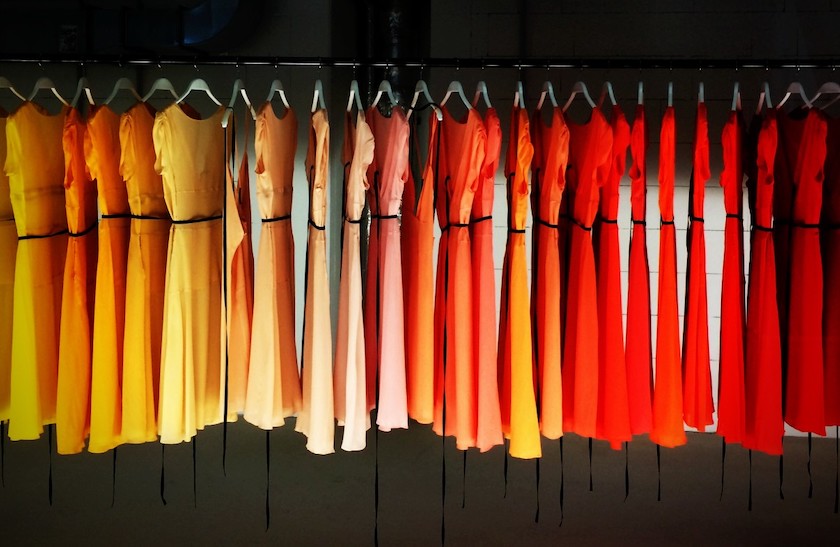
The culture of fast fashion and consumerism has pushed companies to keep costs down, through finding the cheapest forms of labour. Unfortunately, this means children are used widely in the fashion industry – from cotton picking to spinning yarn and sewing buttons.
Action:
∆ Look for brands that are a part of the Fair Wear Foundation, Fairtrade Label Organisation, the Ethical Trading Initiative or have a Global Organic Textile Standard (GOTS) certification.
∆ Find ethical activewear and underwear at Clean + Conscious. Our Awards celebrate products that are child labour free as well as sustainably produced and without the use of toxins.
You might also enjoy: 3 simple life hacks to help fight climate change

